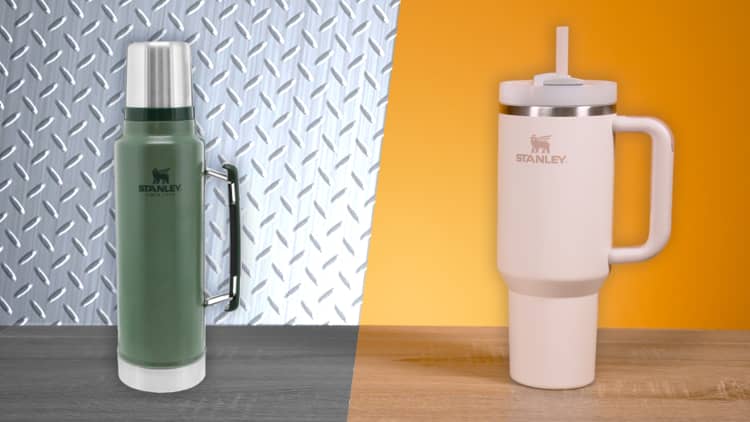The secret to productivity doesn't lie in overhauling your schedule or becoming an expert multi-tasker.
Instead, to get more work done in fewer hours — without burning out — try timeboxing.
Setting clear guidelines for how you spend your time and energy is the easiest and most effective way to boost productivity, according to new research from Salesforce subsidiary Slack and research firm Qualtrics.
Regardless of job tier, the survey of more than 10,000 desk workers and executives found an ideal balance of focus time, collaboration time, social connection and downtime to be productive while maintaining a healthy work-life balance.
On average, desk workers say the ideal amount of focus time is about four hours a day, while the majority agrees that two hours, max, should be spent in meetings and on collaboration. In a typical eight-hour workday, that leaves two hours to be split between social connection, like grabbing coffee with a co-worker, and rest.
"Focus time, collaboration time, connection and rest are like the macronutrients of a workday," says David Ard, the senior vice president of employee success at Slack and Salesforce. "The right balance gives you the energy you need to work your best."
Proactively scheduling blocks of time on your calendar to focus — and a few breaks throughout the day to restore your ability to focus — is "really critical" for productivity, says Christina Janzer, senior vice president of research and analytics at Slack.
"That's where you have the time and space to be innovative and creative, to effectively accomplish the tasks on your plate and reflect on longer-term career goals," she explains.
Skipping breaks isn't just counterproductive — it can also be detrimental to your mental health. Employees who rarely or never take breaks at work are nearly 2x more likely to burn out than those who do, Slack and Qualtrics found.
Their break-taking counterparts, on the other hand, show higher scores for work-life balance, productivity, job satisfaction, and a greater ability to manage stress and anxiety.
Timeboxing, of course, isn't a perfect science. You'll need to adjust the allocations and make some tradeoffs to craft a realistic schedule, but even taking small steps to incorporate timeboxing into your schedule can "work wonders" for your well-being and focus, says Janzer.
"What we see from our data is that people are overwhelmed trying to do too much and balance all of these competing priorities, this is one approach that can help," says Janzer. "This feeling of always needing to be 'on,' to do it all, can really hurt both employees and businesses."
DON'T MISS: Want to be smarter and more successful with your money, work & life? Sign up for our new newsletter!
Check out:



